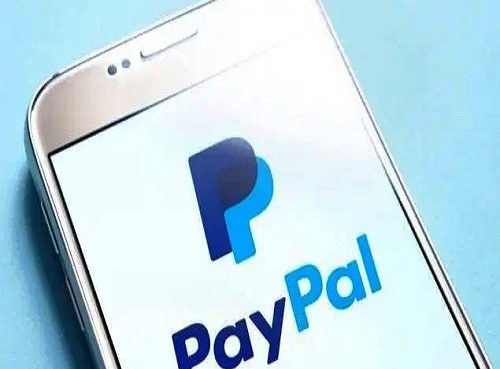Telecommunications operators providing mobile broadband services in the country are focusing much on penetration without efforts on speed of broadband evident in Nigeria’s lag in broadband speed report.
Broadband is associated with speed as against narrow band. The neglect of speed aspect of broadband provision has resulted in the country occupying 107th position globally and ninth in Africa in Speedtest Global Index report for 2018.
The report puts Nigeria’s mobile broadband download speed at 12.76 Mbps with South Africa emerging first in Africa having average download speed of 18.31Mbps. This is, however, the fastest out of the African countries listed, with the next fastest being Kenya at 14.42Mbps and then Mauritius at 14.12Mbps.
Responding, Sunday Folayan, managing director, General data Engineering Services (SKANNET) as well as president, Nigeria Internet Registration Association (NiRA), said that speed and penetration are complementary.
Penetration leads to higher demand and justification for investments by the providers. More penetration leads to more demand for higher speed, which ultimately improves the access density.
“There is abundant access at the landing points, but evacuation to the hinterland, last mile distribution, quality of service and lower costs remains major challenges for us.
He urged governments to continue to remove barriers, create appropriate use-case, and drive inclusion.
The report puts Nigeria’s mobile broadband download speed at 12.76 Mbps with South Africa emerging first in Africa having average download speed of 18.31Mbps. This is, however, the fastest out of the African countries listed, with the next fastest being Kenya at 14.42Mbps and then Mauritius at 14.12Mbps.
Responding, Sunday Folayan, managing director, General data Engineering Services (SKANNET) as well as president, Nigeria Internet Registration Association (NiRA), said that speed and penetration are complementary.
Penetration leads to higher demand and justification for investments by the providers. More penetration leads to more demand for higher speed, which ultimately improves the access density.
“There is abundant access at the landing points, but evacuation to the hinterland, last mile distribution, quality of service and lower costs remains major challenges for us.
He urged governments to continue to remove barriers, create appropriate use-case, and drive inclusion.
“Today, Nigerians complete the purchase of JAMB and WAEC forms online. It will be good if FIRS, immigration and other essential government services are procured online. It will drive the adoption of broadband”.
On the determination of speed of internet, he said: “The forces of demand and supply will ultimately force speed, if limitations such as spectrum are removed, and there is the proliferation of Fiber to the home and fiber to everywhere.
Much more, the ability to domesticate our Nollywood industry and making their movies available for viewing in Nigeria; We are ripe for a Netflix like local service that will then ramp up the pent-up demand for broadband speed in Nigeria”.
Muhammed Rudman, managing director, Internet Exchange Point of Nigeria, said that, Internet speed is very important, but penetration is fundamental to the development of any society. “As you know most countries focus on the penetration initially then raise the benchmark speed as more people have access at the basic level.
This is because even with low speed internet access citizens can participate in the global internet arena – voice their opinions through social media platforms, access to educational content, online banking, emails and all other critical services. While access to high speed internet access opens more doors, such as high quality video content for both education and entertainment, video conferencing, e-health, online gaming and much more.
The report indicates that both operators and regulators need to do more, especially through constant engagement and collaboration. There is serious need for government to work with the industry towards addressing operator’s needs so as to fast-track deployment of the needed infrastructure for broadband deployment.
“While at the same time there is urgent need for collaboration between operators towards infrastructure and asset sharing – This would hasten broadband penetrations and ensure business sustainability,” he said.
The slowest average downloads were found in Tunisia with 7.69Mbps, Egypt with 6.74Mbps and Algeria, where the speed is just 3.75Mbps.
Source: Commsweek











26 thoughts on “Nigeria Falls Behind In Internet Speed”